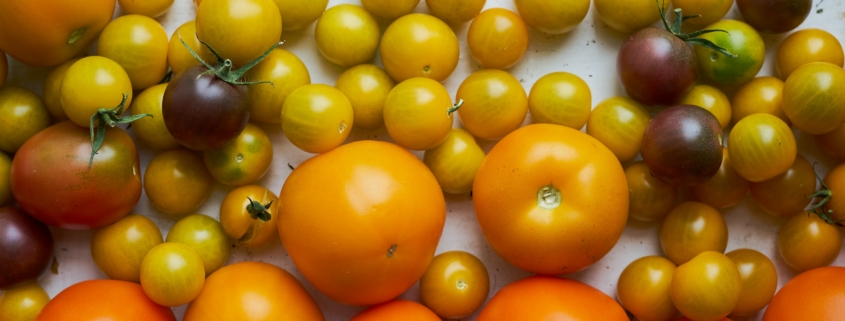How Regenerative Agriculture Can Enable Sustainable Nutrition
At COP27 in November 2022, the food sector was recognised in all its complexity: a formidable producer of emissions, which is uniquely vulnerable to the extreme weather events caused by climate change. As global weather patterns become increasingly erratic, and population rises steadily, our current agri-food system is proving unviable world-over. There is a growing consensus that we cannot continue with farming practices that degrade soil while not sequestering carbon at scale.
Industrial farming techniques, which have largely prioritised yield over resilience, and the climate change impacts they contribute towards, have already left around a third of the world’s soils degraded. This puts our global food supply at serious risk. A recent FAO report found that up to 828 million people already face chronic hunger globally. With hunger comes malnutrition, and a host of dangerous deficiencies and health impacts. For the food system to provide nutrition and food security in a warming world with a ten billion-plus human population, agricultural transformation through regenerative and sustainable approaches is crucial.

